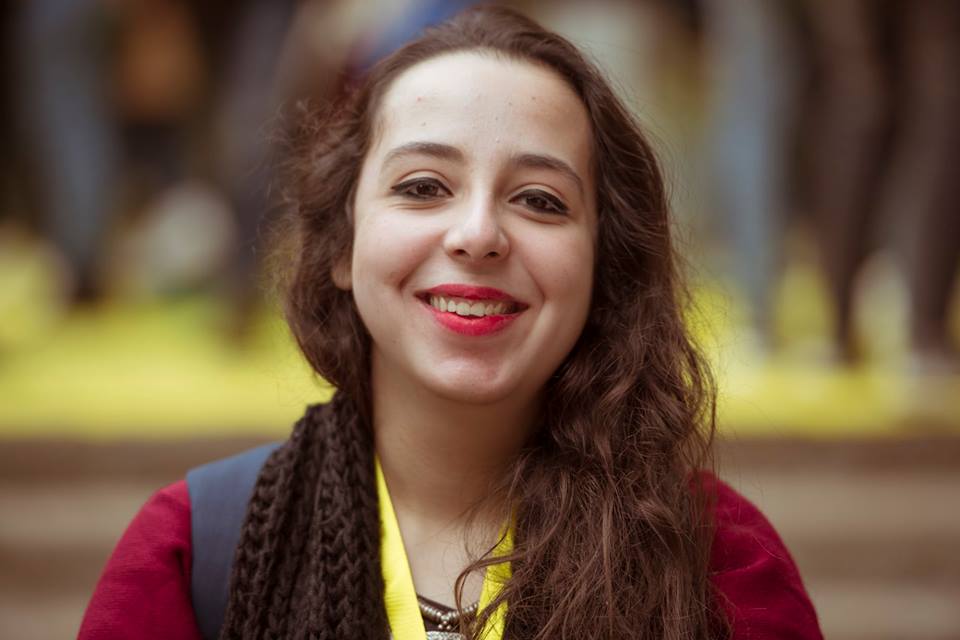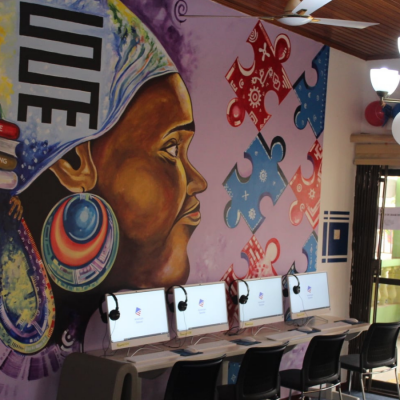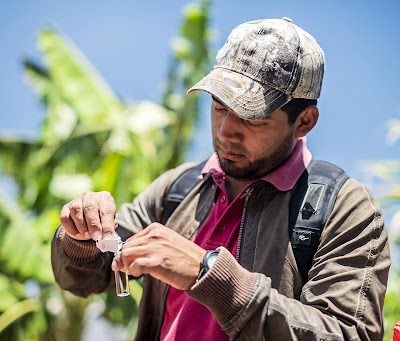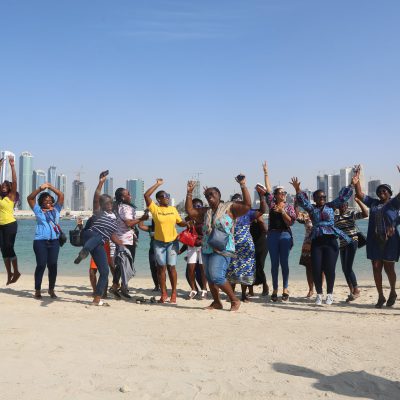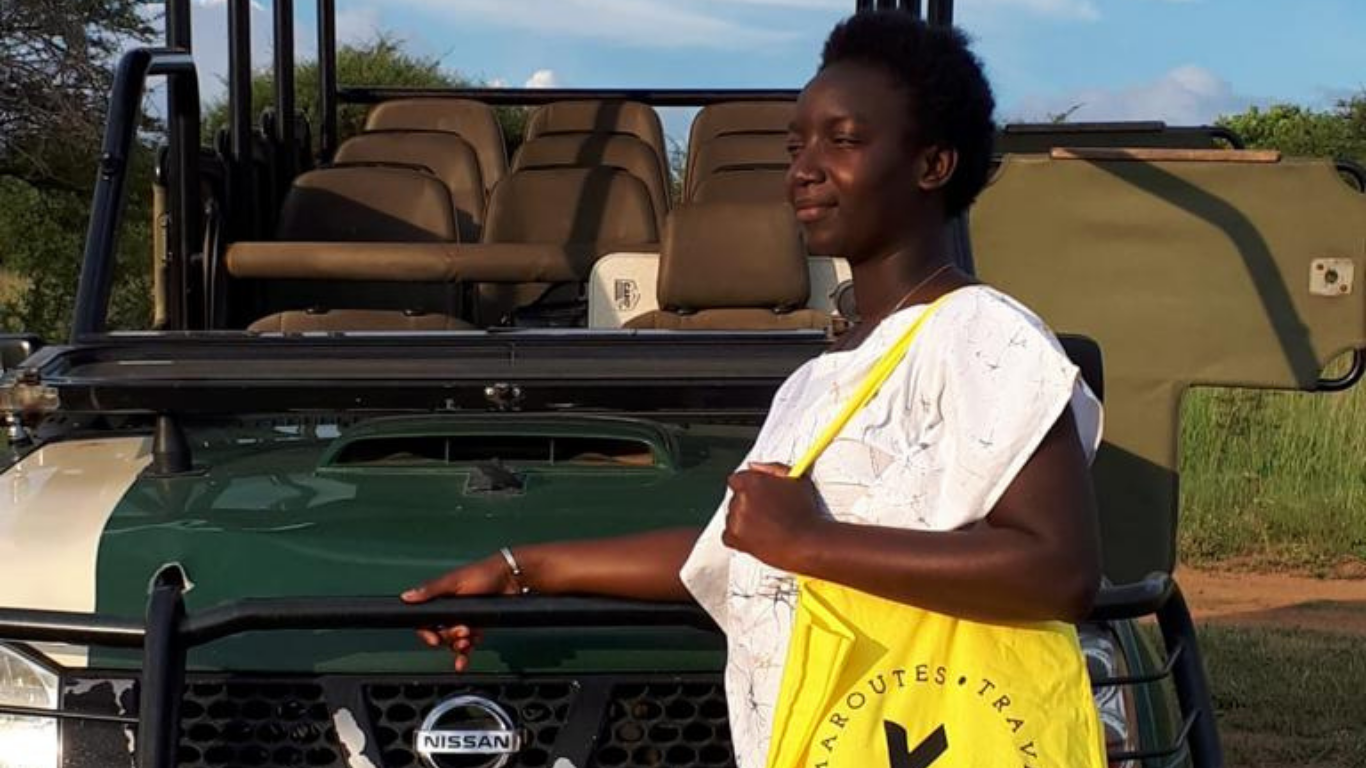
How this South African tourism business is growing through mentorship
“When you get these jobs that you have been so brilliantly trained for, just remember that your real job is, that if you are free, you need to free somebody else. If you have some power, then your job is to empower somebody else. This is not just a grab-bag candy game.” – Toni Morrison.
Mentoring has proven time and time again to be a powerful game changer, with 84% of CEOs stating that mentoring has helped them avoid mistakes within their businesses. At its core, a mentoring relationship is about mutual exchange of knowledge with the intention of growth through collaboration. There are many factors that influence a successful mentoring relationship, but the one ground rule is that there is no one-size-fits-all approach.
Through the Empowering Entrepreneurship Initiative, we’ve worked with 645 mentor-mentee matches. Each pairing has its own story to tell, but sometimes there are matches that stand out in how well they align together – which was the case for Kamaroutes and their mentor, Gabriela Ahrens.
Kamaroutes, a participant of the Tourism Recovery Program, is a woman-owned and managed tourism business. Founded in 2017 by Vanessa Mbenoun, Kamaroutes offers tours across South Africa and other popular destinations on the continent. By partnering with small businesses and local suppliers, they are working to create tours specifically for women. They also focus on hiring and providing opportunities to tourism students and graduates that struggle to find jobs in the market.
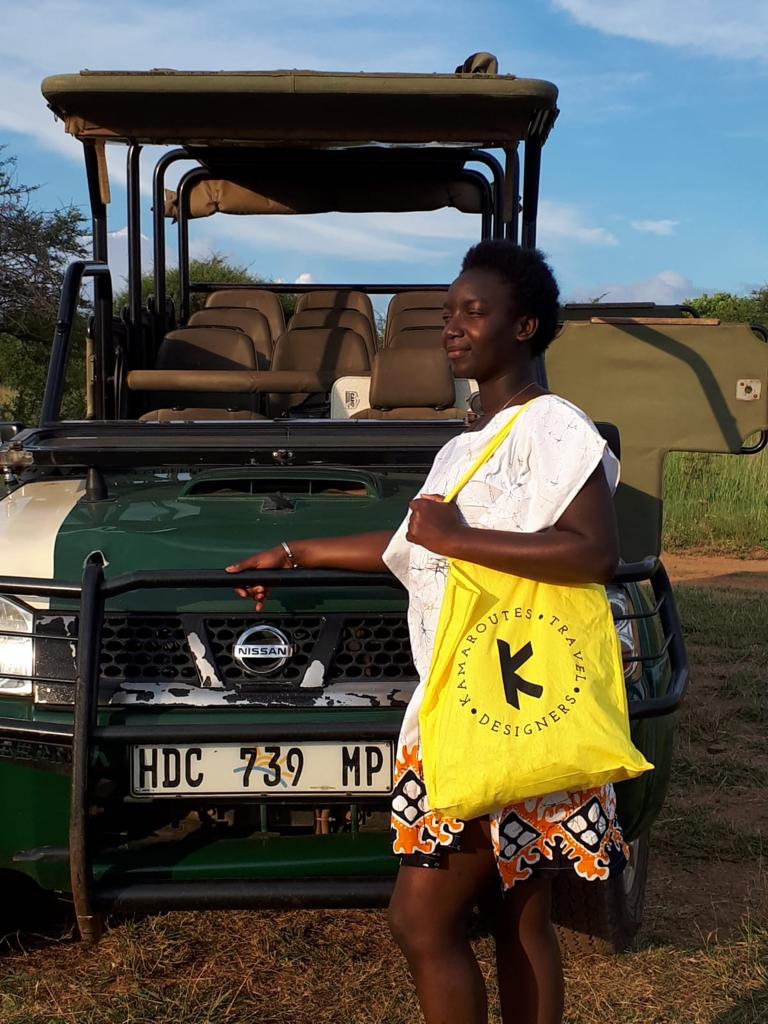
On the other side of the table, Gabriela Ahrens is a 30-year-veteran of the travel industry, of which she spent 18 years as an Executive Manager in Sales and Marketing for Lufthansa in Shanghai, Hong Kong, Sydney, Singapore and Shenzhen. Currently, she is a trainer, coach, and moderator in intercultural communication and team building.
We talked to Vanessa Mbenoun and her mentor Gabriela Ahrens following their weekly check-in session to learn more about their experience in the tourism industry and what makes their mentoring relationship work.
The first mentor-mentee meeting
While the Tourism Recovery Program took place online to accommodate the restrictions of the pandemic, Gabriela and Vanessa had the opportunity to meet in person for their first introduction after they were matched.
enpact: “How did you first meet each other?”
Vanessa: “I had just left for a month-long business trip around South Africa. We wanted to see what had changed in our destinations on the ground, meet with new providers as most of our suppliers and partners had to close down permanently due to the pandemic, and explore new routes and possibilities for our tours. It was then that I received news of being matched with a mentor, and Gabriela reached out to me right away. That’s how we found out that we were both in Cape Town, and decided to immediately meet.”
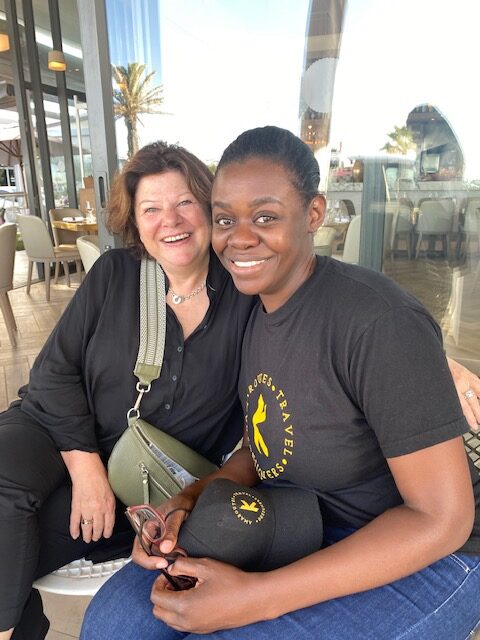
The foundations of mentoring
When talking about what they value most about their experience with mentoring, both Vanessa and Gabriela highlighted that how you communicate information and feedback is crucial.
enpact: “How would you describe the mentor-mentee relationship, and what benefits does it offer to have or be a mentor?”
Gabriela: “The way we can talk and exchange ideas is brilliant. I don’t feel like I’m a teacher, as I also learn – so I’m really a mentor. I have the feeling that Vanessa really takes in what we discuss and reflects afterwards, and then she comes back and tells me what she has changed, what has worked, and what hasn’t. Did our conversation have an impact on her business? Did it have an impact on her to feel good? She makes sure to tell me. I’ve learned a lot from her. What really inspires me is that she’s a very positive person who tries to look outside her own world, and at the same time, make sure she can bring what she learns and experiences back to her world. She also does not give up on tourism. The business in South Africa was steadily growing again, but then, everything had to come to a halt again due to the strict shutdown that took place when they were blamed for the Omicron variant. She never lost her trust in herself, in her love for tourism. I think this is fantastic. Vanessa is always asking: How can we make travel better for everyone? How do we create new sustainable ideas outside mass travel?”
Vanessa: “My main challenge now is planning and financial management; nothing prepares you for something like the pandemic. New variants are popping up, and laws are changing. We’re working together with our mentor to be more stable and adaptable. Gabriela reviewed our financial plan, she assisted in defining deadlines, and added great input on strategy as well, and now we are better prepared as borders are opening again and bookings are picking up. She does it beautifully. Gabriela doesn’t force opinions on me; she’s quite gentle even when she wants to make a point. She doesn’t tell me what to do. She has also connected me to other experts in her network who are working on similar projects to help us build our marketplace for women-only tours.”
Mentoring in a nutshell – Give to Grow
One does not become a mentor overnight, of course. As entrepreneurship itself, it is a journey.
enpact: “How did you discover mentoring?”
Gabriela: “I grew up in a little village near Frankfurt, it was a very small world. My dream was to explore, and I firmly believe if you have a dream that you’re passionate about, it happens. I started working with Lufthansa and got a position in Shanghai, a place with a totally different language and culture where I was responsible for building up a business and bringing changes into the market. It was exciting and very pioneering work at the time. We didn’t even have terms like ‘Change Drivers’. From then on, I continued to aspire towards challenges in my career that involve creating change. When I stopped working, I decided to focus on coaching and mentoring, especially with young women to build up their self confidence and empower them to pursue their dreams.
My first mentoring experience was in Australia in 2006 when I was approached by a university because I was one of the few women in management positions at the time. I was working with women who have just started their career path, most of which had intercultural or interracial backgrounds.”
89% of those who are mentored will go on to provide support for someone else. Being a mentor doesn’t mean that you have it all figured out, it just means that you have worked, you have learned, and you have something to share.
It’s not always easy to put yourself in someone else’s shoes, to recognize that what you’ve always taken for granted as ‘obvious’ or ‘common’ may be strange or unheard-of to someone else. To be able to build a successful mentoring relationship, you need to research the culture and background of your mentor/mentee and be open and comfortable with asking questions to better understand where they’re coming from. We all approach both business and personal connections differently.
enpact: “What advice would you give aspiring mentors?”
Gabriela: “The biggest point to keep in mind is that you have to put yourself in the shoes of others. What is the other person’s background? What do you know about their culture? Build an open dialogue and a trustful exchange where you can ask questions and understand how the other person ticks, how they deal with things differently, and how you can find common ground.
When we had the first online mentor feedback session, I liked that every country representative from enpact was talking about their culture. They answered questions like: ‘How we tick, what sets us apart, what we might find helpful, how different approaches can be perceived.’ To mentor, you need to understand the cultural influences of your mentee that occur due to religion, due to geography and due to history.”
As part of the mentoring component of the Tourism Recovery Program, we hold monthly meetups and feedback sessions to connect our mentors together, create synergies and exchange learnings to improve the mentoring experience. During that time, we make sure to emphasize the diverse cultures and backgrounds in our community of entrepreneurs, and how we can celebrate our differences and use them to get closer to each other.
Gabriela and Vanessa are just one example of how being open to share your experience and help someone else grow and develop can bring a host of tangible benefits not only for the mentor and mentee, but for the society around them. Mentoring bridges cultural gaps, builds lifelong connections, leads to partnerships and expansions, and at the heart of it – just feels good.
Interested in becoming a mentor yourself?
Applications are still open until the 14th of February for potential mentors to sign up and give back by supporting one of 100 tourism and travel businesses in Tunisia!
